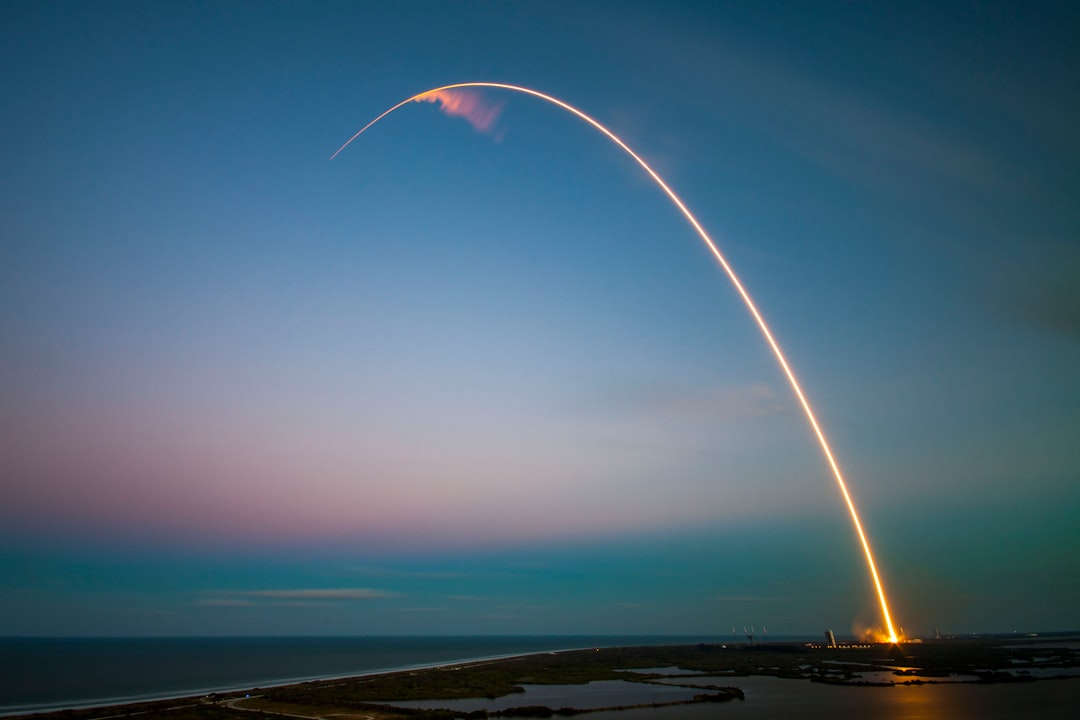What is it about?
In this study, we looked at how climate change and water demand can affect the availability and security of water in Brazil in the future. We took an integrated approach, considering both the changes in climate patterns using various climate models and the projected water consumption based on data from the Brazilian National Water Agency. To analyze the impacts, we used a framework that considered a open water balance. We took into account the CO2 concentration effects on the water balance partitioning. We applied this framework to more than 700 catchments across Brazil, and we noted an average reduction of water security in 81% of the analyzed catchments by 2100.
Featured Image

Photo by Geetanjal Khanna on Unsplash
Why is it important?
Our study provides a systematic and comprehensive framework to understand the potential water scarcity in Brazil in the face of changing climate patterns and water usage. This information can be valuable for decision-makers when addressing water-related issues and making informed decisions. Furthermore, by comparing different approaches and scenarios, we aim to advance our understanding of hydrology and improve water resources management practices. Ultimately, our goal is to contribute to more sustainable and effective water management in Brazil.
Perspectives
I am delighted to have been part of this project led by André Ballarin under the supervision of Prof. Paulo Tarso. The project took place during a course taught by Prof. Paulo Tarso at the São Carlos School of Engineering, University of São Paulo, Brazil.
José Gescilam Sousa Mota Uchôa
Universidade de Sao Paulo Campus de Sao Carlos
Read the Original
This page is a summary of: Brazilian Water Security Threatened by Climate Change and Human Behavior, Water Resources Research, July 2023, American Geophysical Union (AGU),
DOI: 10.1029/2023wr034914.
You can read the full text:
Resources
Related paper
Similar to most countries, the Brazilian water resources management considers topographically delineated catchment as a territorial unit for policy implementation. Yet, previous studies have shown that catchments are not hydrologically isolated, and topographic limits often neglect the groundwater boundaries. Thus, studies on effective catchment areas are promising for shedding light on inter-catchment groundwater flow. Here, we investigated the deviation between the topographic and effective areas across Brazil. We applied the effective catchment area index (ECI) to 733 Brazilian catchments and identified the most influencing attributes on the ECI by using principal component and random forest analyses (PCA and RFA, respectively). Further analysis was carried out by contrasting the ECI values against the expected range of the Budyko curve, considering both topographic and effective catchment areas (classic and adjusted framework, respectively). We noted that nearly 32% of the Brazilian catchments presented more than 30% of difference between the effective area and its topographic boundaries. In general, the more arid biomes in Brazil—the Cerrado and Caatinga—are prone to have smaller effective areas while larger effective areas were mostly found in the Atlantic Forest biome, a humid tropical region with a higher mean elevation. Our findings indicate that the aridity index was the main driving factor and negatively correlated with ECI followed by mean slope, precipitation seasonality, and mean elevation. We highlight the potential of adopting a pooling of catchments based on their interconnectivity to minimize management costs while maximizing synergies and lessening trade-offs between ecosystem functioning and water transfer processes. Our results contribute to a better country-wide understanding of hydrological connectivity among catchments and highlight the need to consider the effective catchment area to overcome water-food-energy security challenges on multiple scales.
Related paper
Understanding how streamflow and its components, baseflow and quickflow, vary spatially according to climate and landscape characteristics is fundamental for dealing with different water-related issues. Analytical formulations have been proposed to investigate their long-term behavior and additional influencing factors, suggesting that they are mainly controlled by the aridity index (urn:x-wiley:00431397:media:wrcr26242:wrcr26242-math-0001). Nevertheless, these studies assume the catchment as a closed water balance system, neglecting inter-catchment groundwater flow (IGF). This simplification makes the analysis of the long-term streamflow components and their main control mechanisms challenging, given that many catchments cannot be considered as closed hydrologic entities. Here, we assessed the controls of the mean-annual streamflow components and their behavior under an open water balance assumption, using observed data of 734 Brazilian catchments with diverse hydroclimatic conditions. Our results indicate that indeed streamflow components are primarily controlled by urn:x-wiley:00431397:media:wrcr26242:wrcr26242-math-0002 at the mean annual timescale. The consideration of an open water-balance significantly improved the performance of aridity-based functional forms to describe streamflow components while also elucidating how catchments' attributes may influence streamflow behavior. Land cover, groundwater, climate seasonality, and topographic attributes appeared as the main control mechanisms besides aridity. Overall, our study provides new insights into the main control mechanism of the streamflow behavior at the long-term scale, while shedding light on the importance of the open water-balance assumption for model development and water resources management.
Contributors
The following have contributed to this page










